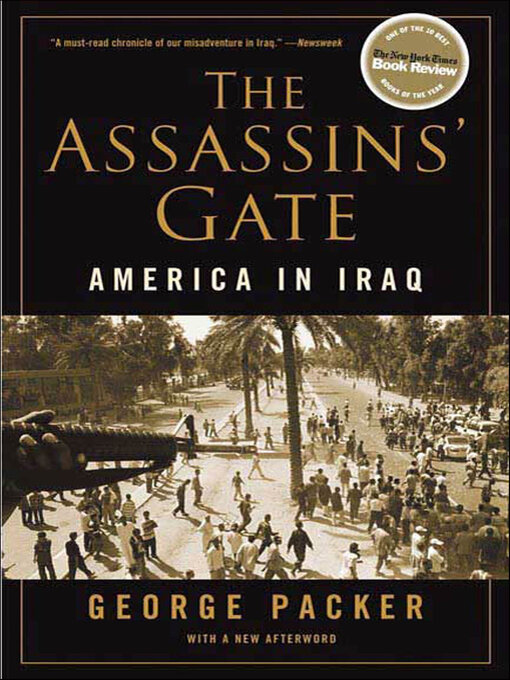- Historical Romance eBooks
- Wholesome Romance eBooks
- Mystery Romance eBooks
- Horror eBooks
- Science Fiction - eBooks
- Western eBooks
- 2025 Libby Book Award Winners and Runners Up
- See all ebooks collections
- New Audiobooks!
- Always Available Audiobooks
- No Wait! Non-Fiction Audiobooks
- 2025 Libby Book Award Winners and Runners Up
- See all audiobooks collections

